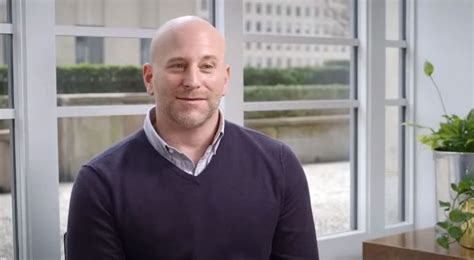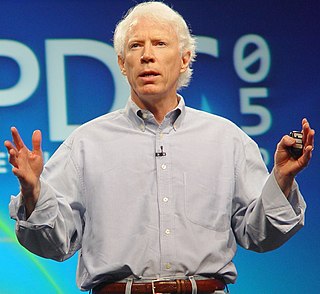A Quote by Marsha Blackburn
More people are working in jobs that are interactive technology based or find a basis in intellectual property.
Related Quotes
America can compete with anyone in the world as long as the playing field is level. China's been cheating over the years. One by holding down the value of their currency. Number two, by stealing our intellectual property; our designs, our patents, our technology. We will have to have people play on a fair basis.
There's a popular misconception that property boundaries are based on coordinates that surveyors can simply "walk to" with our instruments. The reality is that, while physical coordination of monuments is easier than it's ever been, property boundaries often need to be determined based on evidence and plans that are old, decrepit, and done with different technology and expectations than we have today.
Whereas the property-owning middle class could win freedom for themselves on the basis of rights to property--thus excluding others from the freedom they gain--the property-less working class possess nothing but their title as human beings. Thus they can liberate themselves only by liberating all humanity.
Property must be secured or liberty cannot exist. But if unlimited or unbalanced power of disposing property, be put into the hands of those who have no property, France will find, as we have found, the lamb committed to the custody of the world. In such a case, all the pathetic exhortations and addresses of the national assembly to the people, to respect property, will be regarded no more than the warbles of the songsters of the forest.
The alternative to intellectual property is straightforward: intellectual products should not be owned, as in the case of everyday language. That means not owned by individuals, corporations, governments, or the community as common property. It means that ideas are available to be used by anyone who wants to.

































